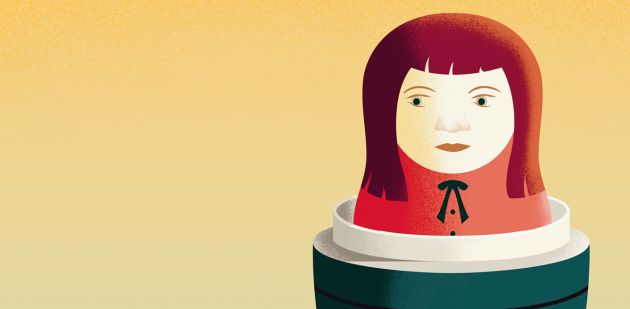In Switzerland, men can no longer donate sperm anonymously. The law on MAP entitles individuals to request the identity of the sperm donor when they reach adulthood. But that rarely happens.

Each year in Switzerland, an average of 250 children are born by gamete donation, as shown by figures from the Swiss Federal Office of Public Health (FOPH). In 2019 and 2020, the first two generations entitled to request the name of the donor who conceived them became legal adults. But the FOPH only received one request for donor identity during that period. That is not a lot, but the figure is consistent with what is happening outside Switzerland. In 2021, Sweden launched a study covering 17 years and found that only 7% of rightful claimants requested information about the donor.
“That’s surprising considering the very strong and widely publicised arguments in favour of guaranteeing this right to know one’s origins,” says Nicolas Vulliemoz, head of fertility medicine at Lausanne University Hospital (CHUV). He notes that, in some cases, just knowing they have access to the information is enough, so people don’t feel compelled to find out more.
His belief is that this is another factor that explains the figures.
“It’s never easy for someone who wants to have a child to have to go to a donor. People are still terribly embarrassed to talk about infertility with others.”
This strong taboo could explain why some of these children simply don’t know that they are donor children, and therefore do not seek out the donor’s identity.
Australia is the first country to pass legislation on medically assisted procreation (MAP) in 1984. A study conducted in the country 30 years later found that more than half of the parents involved said they did not want to discuss gamete donation with their child, despite a major media awareness campaign by the government. In Switzerland, sociological and ethnological studies on the subject are still rare, as its MAR law was passed more recently, in 2001.
Catherine Fussinger, head of the lecture series “The right to know one’s origins, from adoption to MAR”* organised at the University of Lausanne (UNIL), laments that the Swiss government is too passive in its support for the couples involved. No awareness campaign or proactive support solutions, only the “legal entitlement to psychosocial counselling, which in practice comes down to a one-hour interview with both parents before conception.” Transparency is advocated, but resources are not available to offer long-term support, says the researcher from the CHUV’s Institute of Humanities in Medicine.
In the countries that pioneered MAP, researchers have noted no difference in the development of children conceived with or without gamete donation, or between children who know how they were conceived and those who do not. “The same relationships of trust are built with their parents, as long as they are not confronted with a disruptive tale of where they came from. But it’s easier for children to know how they were conceived from an early age,” Catherine Fussinger says, referring to European studies on the subject. Finding out about one’s origins in an indirect or evasive way, either through a third party, in the midst of a conflict or during a medical examination, can significantly harm a child’s development and undermine the bond of trust with their parents. Data collected on adoption, which dates back further in Switzerland, shows similar conclusions. “Although different, these situations confirm the importance of talking to the child about his or her origins.” More spaces for discussion and resources are needed to support parents and relatives in building these family histories. But we must also peel away certain clichés such as the notion of “biological father”, a term set against the idea of “social father”, so that these families can feel freer to leave behind the culture of secrecy. /